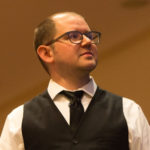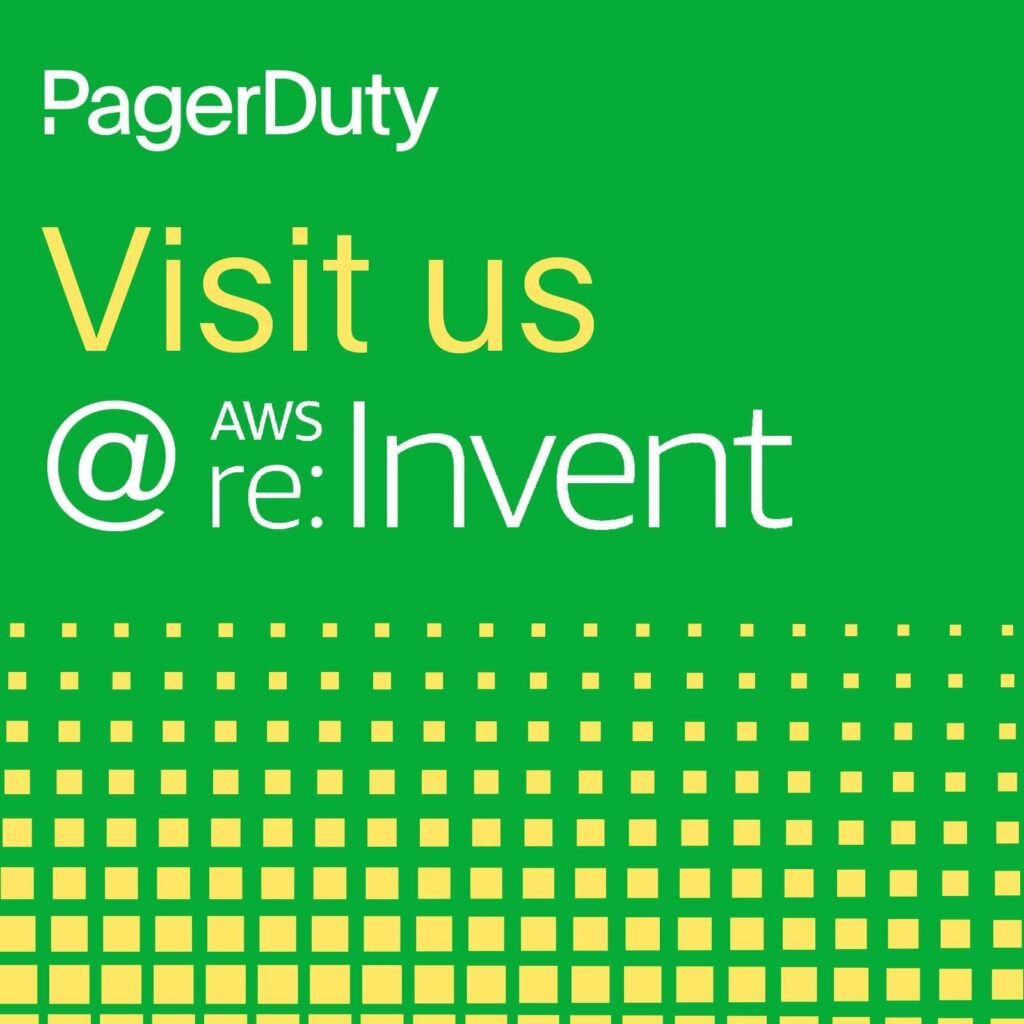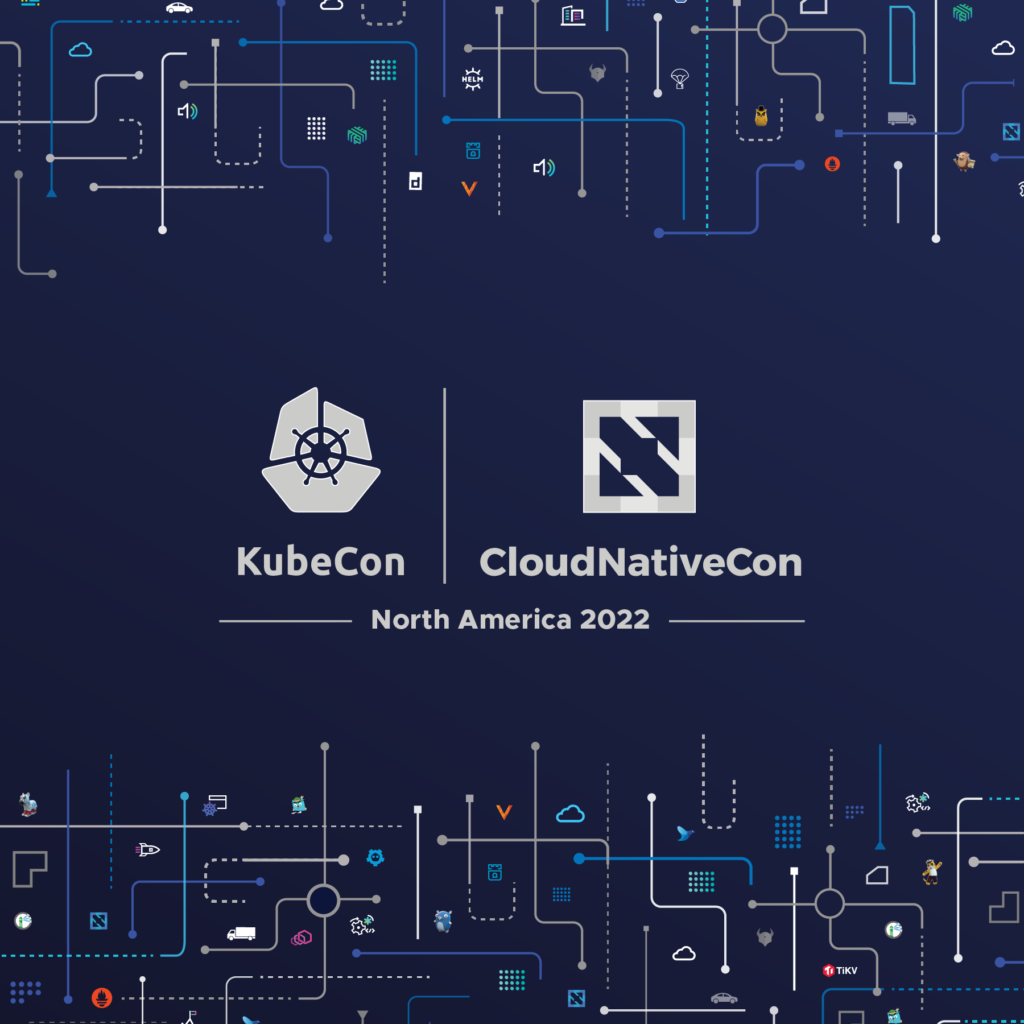Tech Track Highlights at Summit
The Tech Track at PagerDuty Summit this year is looking amazing! We are extremely lucky to have some real DevOps luminaries who will be discussing compelling topics like artificial intelligence ethics that would make a great Black Mirror episode. They are the people on the forefront of digital transformation and speak to audiences around the world on topics that impact the industry and companies grappling with the shift in developer and consumer mindsets. Other topics covered will speak directly to the future of zero-trust networking, chaos engineering, observability engineering, and release engineering in a digital, cloud-native world. Here are just some of the speakers and the topics they will be covering.
 Bridget Kromhout
Bridget Kromhout
Bridget is a Principal Cloud Developer Advocate at Microsoft. Her CS degree emphasis was in theory, but she now deals with the concrete (if “cloud” can be considered tangible). After 15 years as an operations engineer, she traded being on call for being on a plane. A frequent speaker and program committee member for tech conferences, she leads the devopsdays organization globally and the DevOps community at home in Minneapolis.
Summit Topic: Artificial Ethics
Technologists shape the world by our decisions, whether explicit or unexamined—our code constructs reality. As the automated systems we devise affect more lives, our responsibility weighs all the heavier. We need to examine what we mean by consent and disclosure, by opting in and data retention, by privacy and security. What does human-computer interaction look like when an artificial intelligence is learning from all it encounters in our flawed, messy, all-too-human world? Ethical questions around corner cases and defaults become critical when the stakes include human lives and freedoms. Let’s consider how to build a future where we want to live.
 Emily Freeman
Emily Freeman
After many years of ghostwriting, Emily made the bold (insane?!) choice to switch careers into software engineering. Emily is the curator of JavaScript January—a collection of JavaScript articles—which attracted 30,000 visitors. She is head of developer relations and product marketing for Kickbox and lives in Denver, Colorado.
Summit Topic: This Is NOT Fine: Putting Out (Code) Fires
So the dumpster is on fire. Again. The site’s down. Your boss’s face is turning an ever-deepening purple. And you begin debating whether you should join the #incident Slack channel or call an ambulance to deal with his impending stroke.
Firefighters have clear procedures and a strong hierarchy: The first truck at a scene immediately begins assessing the situation. They evaluate building construction, visible smoke, and fire and flow paths. The Incident Commander then gives orders to his or her personnel regarding fire attack and calls for additional resources, communicating with those not yet at at the scene and preparing an action plan. This talk will focus on how firefighters approach a fire—before, during and after an incident—and how we can apply those strategies to our own (admittedly much less dangerous) fires.
 J. Paul Reed
J. Paul Reed
J. Paul Reed is a consultant with over 15 years of experience in build engineering, release management, software configuration management, and process design, with a focus on discovering business requirements and integrating those needs to get products shipped faster and more reliably. Having worked with teams of all sizes, he tailors solutions to a client’s specific operational and organizational requirements and helps them scale as the company and products change and grow. His primary focus is to help organizations simply ship.
Summit Topic: “Failure” as Success: The Mindset, the Methods, and the Landmines
“Failing fast,” “failing forward,” and “learning from failure” are all the rage in the tech industry right now. Tech company unicorns seem to talk endlessly about how they reframe failure into success. And yet, many of us are still required to design and implement backup system capabilities, redundancies, and controls into our software and operations processes. And when those fail, we cringe at the thought of the conversation with management that will ensue.
So is all this talk of reframing failure as success within our organizations just talk? If yes, what does that look like, anyway? J. Paul explores this mindset, the history it’s rooted in, as well as effective methods to move your organization toward it and some landmines to avoid along the way.
 Bruce Wong
Bruce Wong
Bruce Wong is a director of engineering at Stitch Fix. He formerly resided at Netflix and Twilio, where he founded the chaos engineering efforts to stress and proactively introduce failure into critical production systems to validate resilience. He is passionate about tackling challenging problems, scaling engineering teams, and building category-changing products. In his spare time, he can be found applying engineering principles to iterate on BBQ and chocolate chip cookies.
Summit Topic: Another Journey of Chaos Engineering
Chaos engineering is here to stay. There’s a thriving community, numerous open source projects, a few books, even a startup. Companies are hiring chaos engineers and creating entire teams focused on chaos engineering. Join Bruce to hear him talk about strategies for launching a chaos engineering movement at your company, as well as the challenges and results you can expect. Learn how chaos engineering and on-call practices work together to enable teams to move faster and safely.
 Armon Dadgar
Armon Dadgar
Armon Dadgar is a co-founder and CTO of HashiCorp, with a passion for security and distributed systems and their application to real-world problems. In his role, he brings both those interests into the world of DevOps tooling. As a former practitioner and proponent of open source software, he helped design and implement HashiCorp products to solve end user problems that he experienced firsthand while applying state-of-the art information from academic research. He places a high value on research and leads the HashiCorp Research Group, which focuses on industrial research in the security and large-scale system management space.
Summit Topic: What, Why, and How of Zero-Trust Networking
Traditional approaches to networking and security no longer work. Applications are adopting microservices patterns and organizations are embracing public clouds, which add new challenges to operating and securing our networks. The network perimeter used to be the best and last line of defense, but high-profile compromises keep happening. Zero-trust networking is the idea of treating the private network like the public Internet: untrusted and adversarial. In this talk, Armon covers what zero-trust networking means, why it matters for most organizations, and how it can be implemented.
 Charity Majors
Charity Majors
Charity is an ops engineer and accidental CEO at honeycomb.io. Before this she worked at Parse, Facebook, and Linden Lab on operations and developer tools, and always seems to wind up running the databases. Charity is the co-author of O’Reilly’s Database Reliability Engineering. She loves free speech, free software, and single malt Scotch.
Summit Topic: Observability-Driven Development
TDD is table stakes for any good team, but it’s not enough. These days, you need ODD: Observability-Driven Development (and Design). Observability should be baked into every step of your software development process, from conception to maintenance period. No pull request should ever be accepted without being able to answer the question, “How will you know if this works?” Even the process of deciding what to build should often be undertaken instrumentation-first. And every engineer should be in the habit of looking at what they just shipped and asking themselves, “Did what I expect to happen actually happen? Does anything else look weird?”
Tests are great, but your code isn’t baked until it has matured in production. That means real services talking to real data at real scale, with real unpredictable user behaviors at scale—accept no substitute. Let’s get down to brass tacks and talk about how ODD can make your lives, your teams, and your services much better.
You won’t want to miss these amazing speakers—register now before we are sold out!


